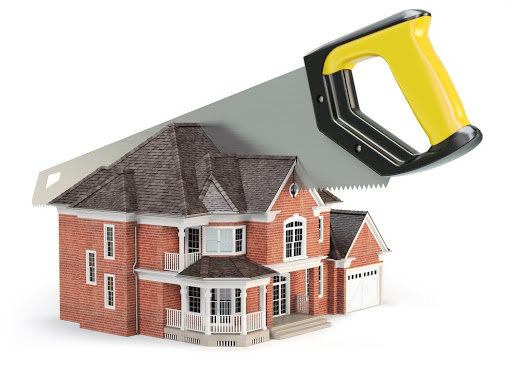
There are many common misconceptions about divorce and who gets a share of what is typically one of the most misunderstood parts of a divorce. The common stereotype of the man being “taken to the cleaners” by his ex-wife is incredibly misleading. What is really happening is that both partners are getting an equal share of the marital assets.
When couples choose to tie the knot, they agree to share their assets. When they decide to divorce, all assets have to be split down the middle. However, when the marital assets include property, this can be more complicated.
Property isn’t easily divided in a divorce, which means that it either needs to be sold, or one party must take a smaller share of the other assets in exchange for full ownership of the house. But who gets the marital home isn’t always easy to solve.
Does it automatically go to the wife?
No, the marital home doesn’t automatically go to the wife. Who gets the home all depends on how the assets are divided. In cases where the house is the only marital asset, there will be no choice but to sell the home and then split the proceeds after the mortgage has been repaid.
If one spouse paid a more significant portion of the deposit than the other, this wouldn’t matter much unless this division of ownership has been determined in the deed. Once married, the home becomes part of the marital assets and would be divided equally after a divorce. If you are unsure about your position, it would be advisable to seek professional divorce advice before moving forward with the financial settlement agreement.
What if the house is only in one spouse’s name?
It doesn’t matter if the deed only lists one spouse; it becomes part of the marital assets once you are married. This ensures that married partners who do not work and take care of the children are provided for in the event of a divorce. A marriage should always be seen as a partnership, and once you tie the knot, everything you own becomes part of the shared assets.
Does having children affect who gets the house?
Having children can impact how the courts determine you should split your assets. In many cases, one parent should stay in the family home to have some stability as they grow up. It may be stipulated that the other spouse receives a larger share of other assets to create balance.
One spouse may also “buy out” their partner, offering a lump sum in exchange for the property. This doesn’t always have to come from the marital assets, and it could be a loan from family or friends.
What if we have a pre or postnuptial agreement?
If there is a pre or postnuptial agreement that designates certain assets to be outside of the marital assets, this may be sufficient to help determine who gets the marital home. However, pre and postnuptial agreements are commonly called into question, and a judge might only see this as advisory, mainly if the terms of the agreement are unfair to one party.
What happens if we can’t agree?
If you can’t agree on the financial settlement, it would be best to seek the help of a mediator. A mediator is a neutral third party that can help settle issues in a divorce and assist couples in reaching a satisfactory conclusion.
Working with a mediator is better than taking your case before a judge for several reasons. First, it is a lot cheaper than asking a judge to decide for you. And second, you are far more likely to reach a satisfactory conclusion to the problem if you can find a way to compromise.
Can a court force us to sell our house?
Yes, if the only solution to splitting the assets is to sell the property. This will typically be a last resort if neither party can buy the other out of their share. Selling your property under these circumstances can be very distressing and disruptive, so it is best avoided if possible.




 POSTED BY
POSTED BY 

